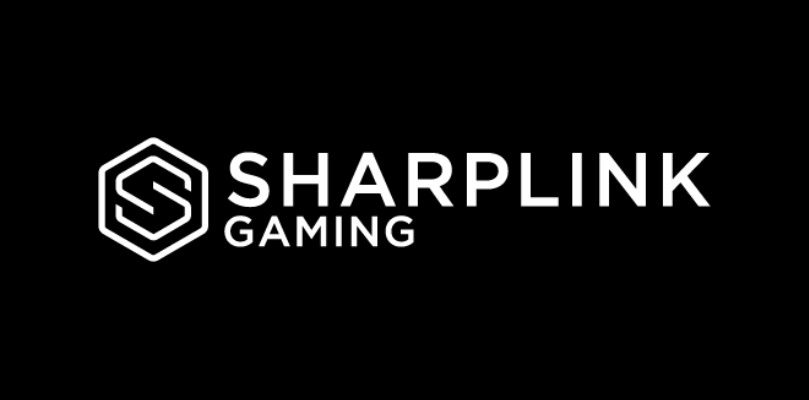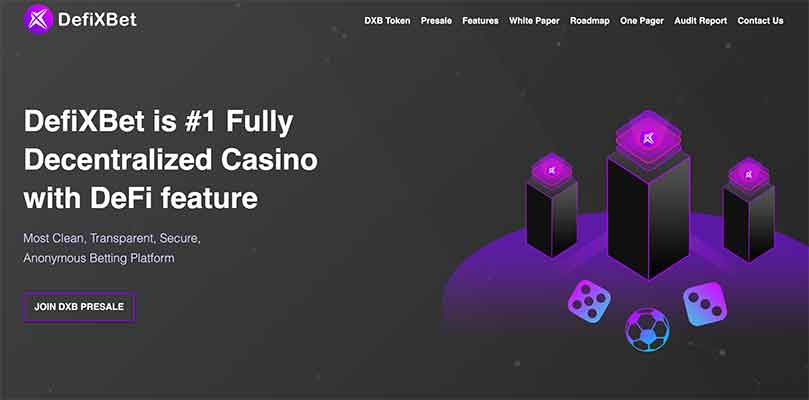SharpLink Gaming, a leading digital marketing firm in the U.S. sports betting industry, announced a major shift in strategy by raising $425 million through a private equity deal. The company revealed that it will now hold Ethereum (ETH) as its primary treasury reserve asset.
Headquartered in Minneapolis, Minnesota, SharpLink is recognized for its affiliate network, PAS.net, which connects users to regulated online sportsbooks and casinos in the U.S. Through its portfolio of state-specific domains, SharpLink specializes in performance-based marketing for the expanding U.S. gambling market.
Now, SharpLink is making a significant entry into the world of blockchain finance, becoming the first company listed on Nasdaq to undertake such a move. The recent capital raise was made possible through a Private Investment in Public Equity (PIPE) deal, spearheaded by ConsenSys Software Inc., the Ethereum-focused company founded by Joseph Lubin, who is also a co-founder of Ethereum. Following the completion of the deal, Lubin anticipates becoming Chairman of SharpLink’s Board of Directors.
This investment round also includes support from notable cryptocurrency investment firms such as ParaFi Capital, Electric Capital, Pantera Capital, Arrington Capital, and Galaxy Digital, which reinforces the company’s credibility within both the crypto and gambling tech sectors.
Rapid Gains for the Market
Following the announcement, the prices of Ethereum rose by approximately 3%, according to the BNC Ethereum Liquid Index, climbing from around $2,570 to nearly $2,647. However, the most dramatic movement was observed in SharpLink’s stock, which surged by over 400% in a single trading session, rising from under $7 to roughly $33.50.
SharpLink’s choice to utilize Ethereum as its treasury reserve asset stems from the network’s increasing institutional backing and practical applications. Ethereum offers robust liquidity, a mature blockchain ecosystem, and a wide range of applications in decentralized finance (DeFi), blockchain gaming, NFTs, and smart contracts.
These capabilities align with SharpLink’s digital-first business model and pave the way for future innovations, such as integration with decentralized apps (dApps), Web3 user experiences, and blockchain-driven loyalty or rewards systems specifically designed for U.S. gamblers.
Good News for the U.S. Online Gambling Industry?
SharpLink’s shift may signify a crucial turning point for online gambling companies operating in the U.S. By adopting Ethereum as a treasury asset, SharpLink is bridging the gap between traditional iGaming business models and decentralized finance. This move could encourage more operators and affiliates to explore crypto integration, whether through digital asset reserves, blockchain-based rewards programs, or NFT-driven user engagement strategies.
As more U.S. states continue to legalize and regulate sports betting and online casino games, companies that embrace both regulatory compliance and technological innovation will be best positioned to lead. SharpLink’s Ethereum strategy may serve as a model for how gambling businesses can future-proof their operations in a digital-first economy.


